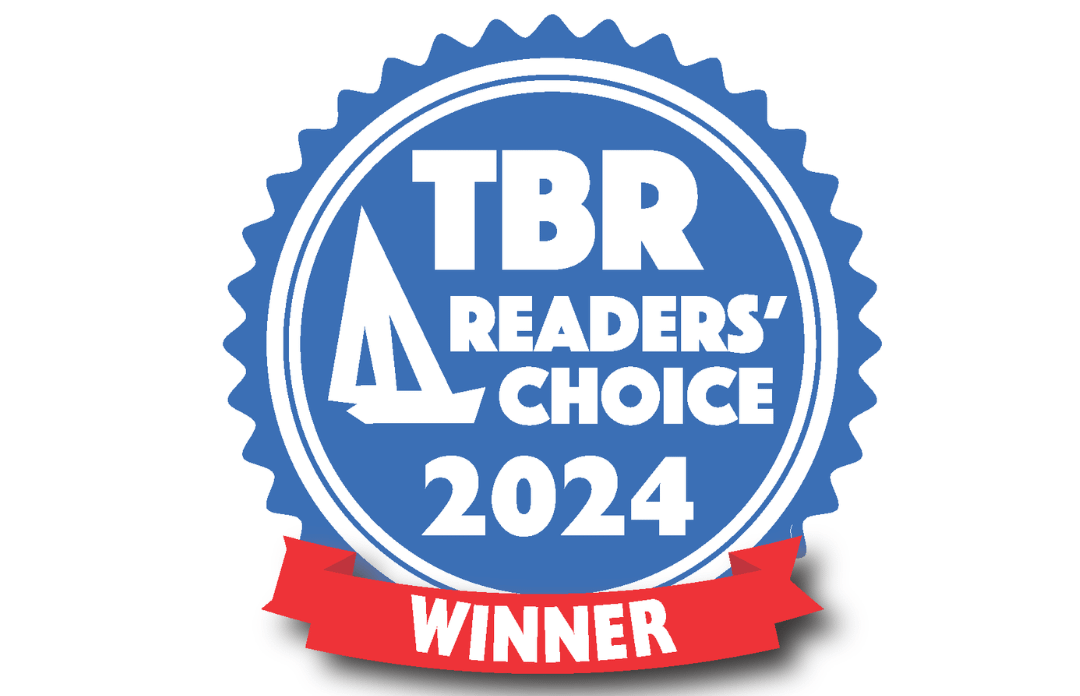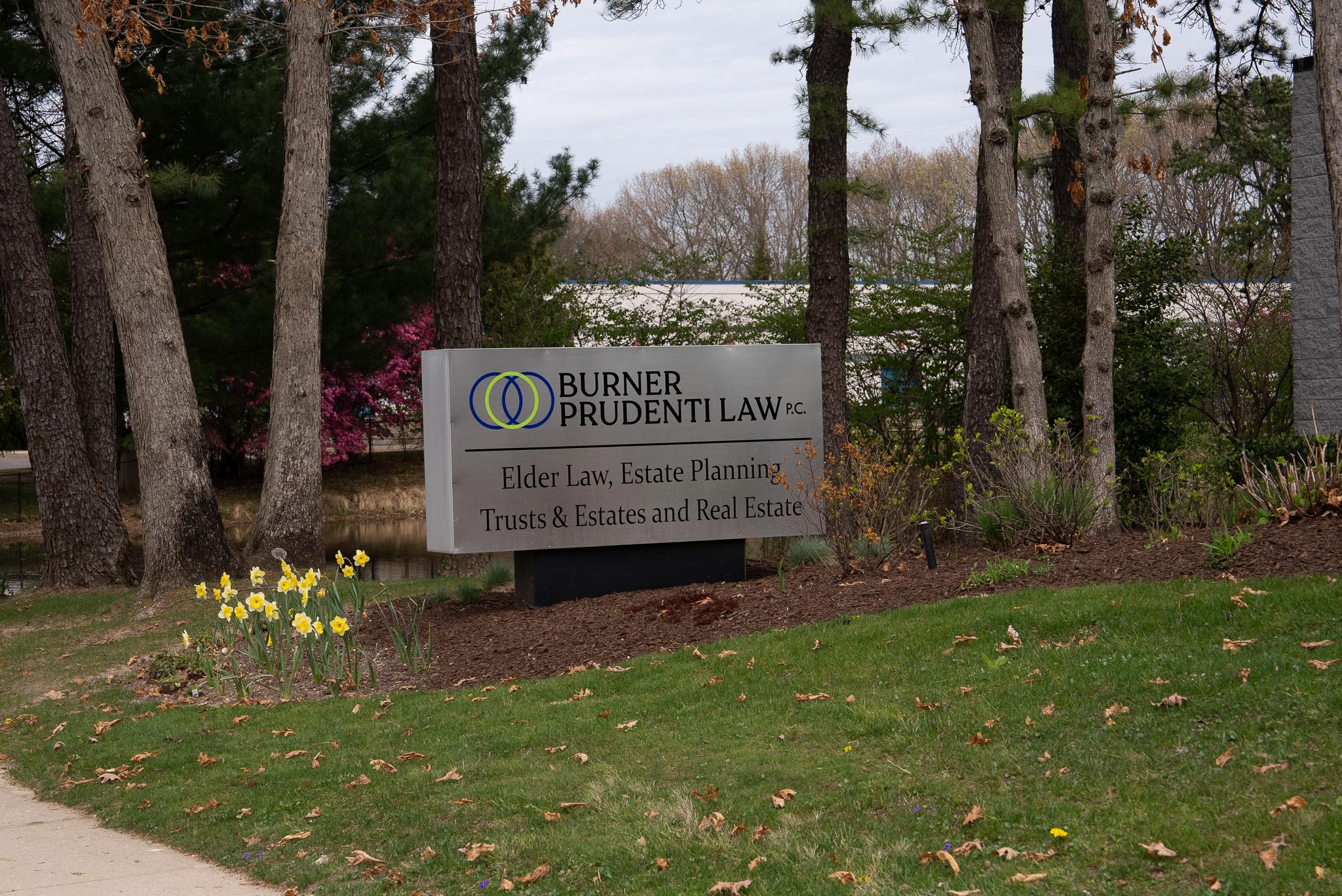
Latest News
Should You Update Your Estate Plan After Buying Out-of-State Property?
Leaving instructions in your estate planning documents on how a seasonal property will continue to be used and/or owned after your death, can prevent friction amongst family members and ensure your investment can be enjoyed for decades to come.

While I am familiar with Last Wills and Testaments, I keep hearing my friends talk about completing an “Estate Plan.” What is typically included in an “Estate Plan” and do I need one?

“What does look-back mean? What is spousal refusal? Will Medicaid take my house if my husband has to go to a Nursing Home?” All too often these are the questions we hear from our clients who are faced with navigating the Medicaid landscape once a crisis occurs.

Making end of life decisions are crucial components of any estate plan. As Elder Law attorneys, we deal with these issues every day. Some advance directives are signed in an attorney’s office and some are executed with a health care provider.

Advance directives are documents that are usually signed with an estate planning attorney while the client still has capacity and are meant to give direction as to how the client’s healthcare and financial decisions should be handled in case of incapacity. Advance directives traditionally include a health care proxy, living will, and durable power of attorney.

In practicing Elder Law, it is common for clients to come in to discuss applying for Medicaid to cover the cost of long term care for an ailing parent who has lost the mental capacity to make decisions for themselves. Before we even begin to discuss what transfers would need to be made to make the parent eligible for Medicaid, I ask if their parent has a power of attorney.

My friends used an online service to prepare their Wills. They signed them at in the presence of their neighbors. They said it was much less expensive than going to an attorney to have a Will prepared. I am planning to disinherit one of my children but I am hesitant to have my Will prepared by an online service. Can you give me some advice?

My mother is receiving Community Based Medicaid. She owns a house in her sole name. She has received advice on what to do with the house such as transfer it to her children or to a trust. Are these options advisable?

Clients often ask how they can ensure the home in which they live or their vacation home can be protected against the cost of long term care. These assets are often worth much more to our clients than the cash value; they represent hard work to pay off the mortgage and are wrapped in memories.

If I go to a nursing home, will I have to spend all my assets before I can get on Medicaid?

I am the Executor of my father’s Estate. The Surrogate’s Court has asked me to provide them with an “Inventory of Assets”. What is an Inventory of Assets?
In The Media
-
Hon. Gail Prudenti Named a 2025 Dynamic Women Leader by Long Island Business News
At Burner Prudenti Law, we are thrilled to celebrate our partner, Hon. Gail Prudenti, for being named one of Long Island Business News’ Most Dynamic Women Leaders of 2025.
July 15, 2025 -
Estate Planning for Blended Families: Insights from Britt Burner
Britt Burner, Partner at Burner Prudenti Law, P.C., recently spoke at a Continuing Legal Education (CLE) event hosted by the Columbian Lawyers Association of Brooklyn
May 5, 2025 -
Matthew Kiernan Named a 2025 Top Lawyer of Long Island
Matthew Kiernan, Esq. was honored as a 2025 Top Lawyer of Long Island by RichnerLIVE Events and the Long Island Herald!
April 14, 2025 -
Burner Prudenti Named TBR News Media Reader’s Choice for Best Attorney / Lawyer
Burner Prudenti is honored to share that we were named the Best Attorney / Lawyer in the 2024 TBR Readers’ Choice issue!
March 31, 2025 -
Nancy Burner Recognized as One of Super Lawyers’ “Top 50 Women” For the Sixth Year in a Row
March 20, 2025 -
Burner Prudenti Law Ranked as a 2025 Tier 1 Elder Law Firm by Best Lawyers
Burner Prudenti Law was recognized as a 2025 Tier 1 law firm in elder law and trusts and estates by Best Lawyers!
November 6, 2024
Our Blog
In the landmark case of Connelly v. United States, the Supreme Court addressed critical issues concerning the estate tax implications of life insurance proceeds used in the redemption of stock in closely held corporations.
Our criminal courts protect victims. Our civil courts provide a forum for the peaceful resolution of disputes. Our family and surrogate’s courts guide families through what may be the most traumatic experience of their lives.
As we reflect on the complexities of family law, let us work together to support our justices, understanding the weight of their responsibilities and the importance of their decisions.
The Medicaid Asset Protection Trust (“MAPT”) is alive and well in the Elder law practitioner’s toolbox and is the best option for protecting real property.
The federal government and the marketplace are undergoing revolutionary changes that will inevitably transform the business of law and operation of courts. The question arising from the uncertainty is, how so?
In this guest post by Maria Torroella Carney, MD, FACP, learn what contributes to aging and what can be done to encourage healthy aging.











